Lavagem Industrial / Artigos
Food industry: a guide to pick washing solutions
In the food industry, there is always a silent battle going on for quality and safety. Find out how to choose the best washing solution for your business.
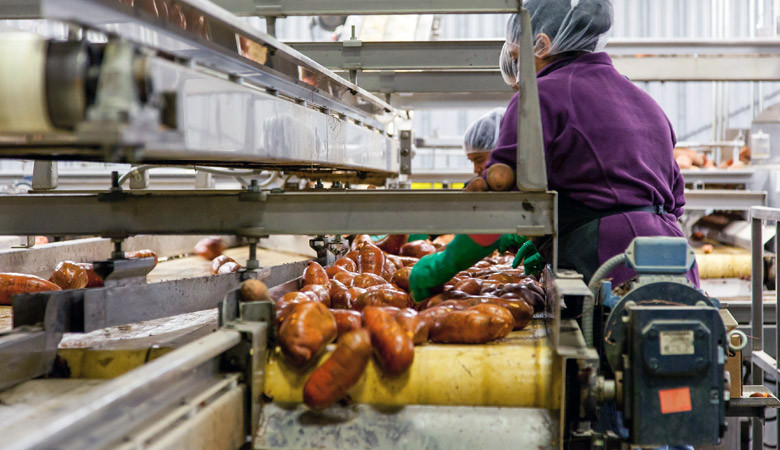
 7 minutos de leitura
7 minutos de leitura
2024-01-03 08:36:58
It is estimated that 600 million people – almost 1 in 10 man, woman and child on the planet – fall ill after ingesting contaminated food, resulting in 420,000 deaths every year. Children under the age of 5 are particularly affected and account for around 40% of all deaths from foodborne illnesses. There is no single reason for this problem: there are over 200 foodborne illnesses, from diarrhea to cancer.
These figures come from the World Health Organization’s annual report and paint a bleak picture of the state of food security in the world. But few are in a better position to reverse this situation than the food industry itself. The quality of what reaches the table depends on hygiene and safety throughout production. Sanitizing the utensils used in preparation and handling is crucial. How these get washed and disinfected not only affects quality and taste of food, it also has direct implications for public health and compliance with strict food safety regulations.
These are some of the good practices to follow to ensure quality and safety in the food industry and how to choose the best industrial washing equipment in each case.
1. Fish industry, highly sensitive to contamination
Fish and shellfish are highly perishable and vulnerable to bacterial contamination. They can maintain a normal appearance and taste, but still have poisonous biotoxins that can survive even cooking. Industrial washing in the fish industry is therefore essential to prevent cross-contamination and ensure food safety.
When choosing a washing machine, it’s important to pick equipment that can rigorously sanitize the wide array of utensils in this sector: eviscerators, waste removal machines, peelers, flakers, bone extractors, filleting machines or slicers. In addition, the equipment must be able to wash large volumes of utensils in a short period, to speed up the process and avoid cross-contamination between different batches of fish.
2. Meat industry, washing that protects against spoilage
Meat products are classified as high-risk foods because they are susceptible to spoilage at various stages of processing. The same is true for smoked products – although smoking is a method of preservation, it can give rise to harmful toxins such as tar. Under favorable conditions, bacteria proliferate rapidly in meat due to their intense biochemical activity. With an industrial washing machine, you can ensure the complete sanitization of equipment and utensils, efficiently removing residues, and preserving the original taste of the meat.
The meat industry uses a wide variety of utensils and equipment that are in direct or indirect contact with raw materials. This is the case with knives, cutting boards, storage containers, hooks, trays, cutter trolleys, buckets, carts, gloves and steel mesh clothing. Any industrial washing machine must, therefore, be able to receive and clean them effectively. This ensures the quality and safety of the meat and the compliance with food safety regulatory standards.
3. Bakery industry, safe and ready-to-use utensils
Breads, croissants, cakes, pies or cookies all have distinct microbiological and allergenic characteristics – which means the utensils used in their manufacture have unique hygiene requirements. The goal of washing, however, is always the same: to carry out thorough and effective washing of all the utensils used in the bakery industry, such as molds, trays, kneaders, industrial mixers, silos, dosing equipment, laminators and much more. This control is essential to avoid cross-contamination and to guarantee food safety at every stage of the production process.
Industrial washing machines play a crucial role here. They effectively remove dough and fat residues and other food debris, which are potential sources of contamination. High temperatures, powerful water pressure, specific cycles and other strictly managed parameters are the only way to ensure that every item is properly sanitized.
4. Dairy industry, washing as a guarantee of food safety
There are several specific challenges associated with washing in the dairy industry. The utensils used in production often accumulate residues that can act as substrates for the growth of unwanted microorganisms. In addition, dairy products contain fat, the removal of which is especially challenging because of its resistance and adherence to surfaces.
It is therefore essential to sanitize work utensils and equipment, such as tanks, plates, starters, cutting and molding machines, fermenters or mixers. Each of these has its own washing requirements, which must be respected in order to eliminate bacteria and prevent cross-contamination. For this reason, industrial washing machines need customized cycles according to the nature of the utensils and the type of dirt to be removed, adjusting the temperature, water pressure and cleaning chemicals to meet the specific needs of each utensil.
5. Pre-cooked food industry, the role of washing in quality
Pre-cooked foods include a wide variety of products such as frozen and canned foods, and ready meals. The utensils used in the production process – such as pans, trays, cutlery, plates, storage containers, knives or blades – require customized washing to remove residues of fat, sugar, sauces or proteins.
Industrial washing machines must therefore wash large volumes of utensils quickly and efficiently, with specific wash cycles and well-defined parameters. This prevents cross-contamination and ensures that utensils comply with hygiene and food safety standards.
MultiWasher, the new industrial washing paradigm
Technology already makes it possible to wash any type of utensil effortlessly, with as few resources as possible and with rigorous results. The MultiWasher – a state-of-the-art industrial washing machine – is prepared to sanitize all types of utensils in the food industry, guaranteeing compliance with the most stringent safety standards.
This machine has sophisticated software to calculate the exact amounts of energy, water and chemicals to avoid waste and to guarantee the right temperature, pressure and washing time for the utensils to be washed. Utensils come out dry and ready to use, which takes productivity to a whole new level. See the MultiWasher in action in a free webinar. You can also get in touch with our team of experts to find out the real impact this machine will have on washing results and productivity.
Também pode gostar
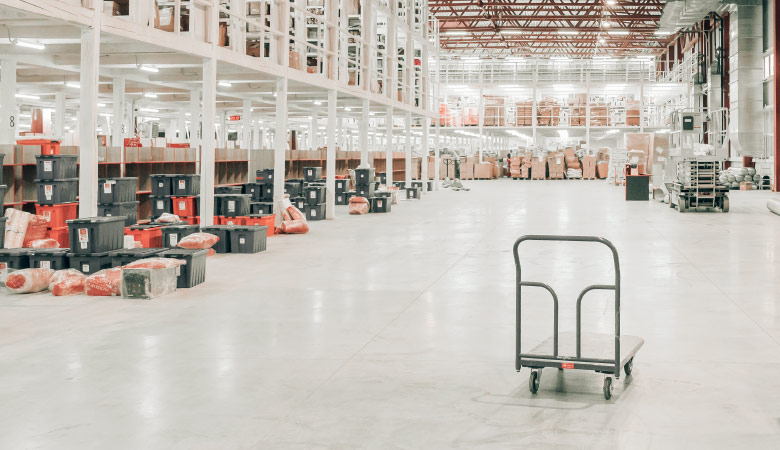
Lavagem Industrial / ArtigosArtigos
Moving on: how to pick transport trolleys for the food industry
Moving loads quickly and safely is no small feat. This is how to choose transport trolleys that take a load off heavy duty logistics tasks.
Postado em 2022-07-28

Lavagem Industrial / ArtigosArtigos
5 key trends from Anuga 2024
We were at Anuga, one of the major fairs in the food sector worldwide. Discover the 5 main trends that will shape the upcoming years.
Postado em 2024-05-07
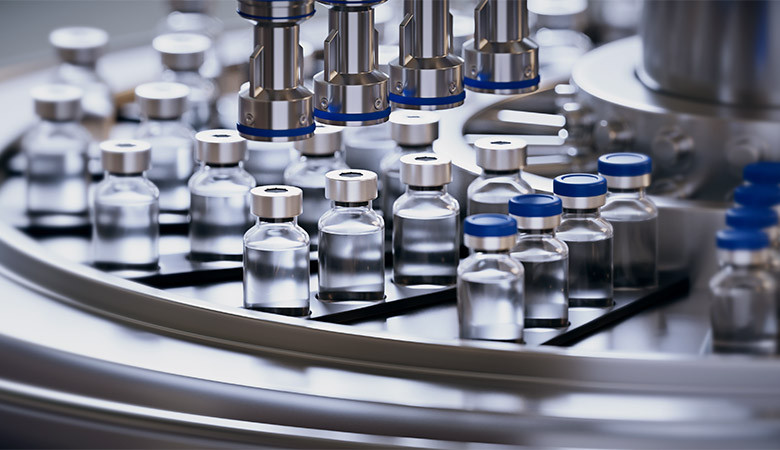
Lavagem Industrial / ArtigosArtigos
Pharmaceutical industry: how to choose the right industrial washing solution
In the pharmaceutical industry, industrial washing is a critical success factor. Find out how to choose the right equipment.
Postado em 2024-03-08
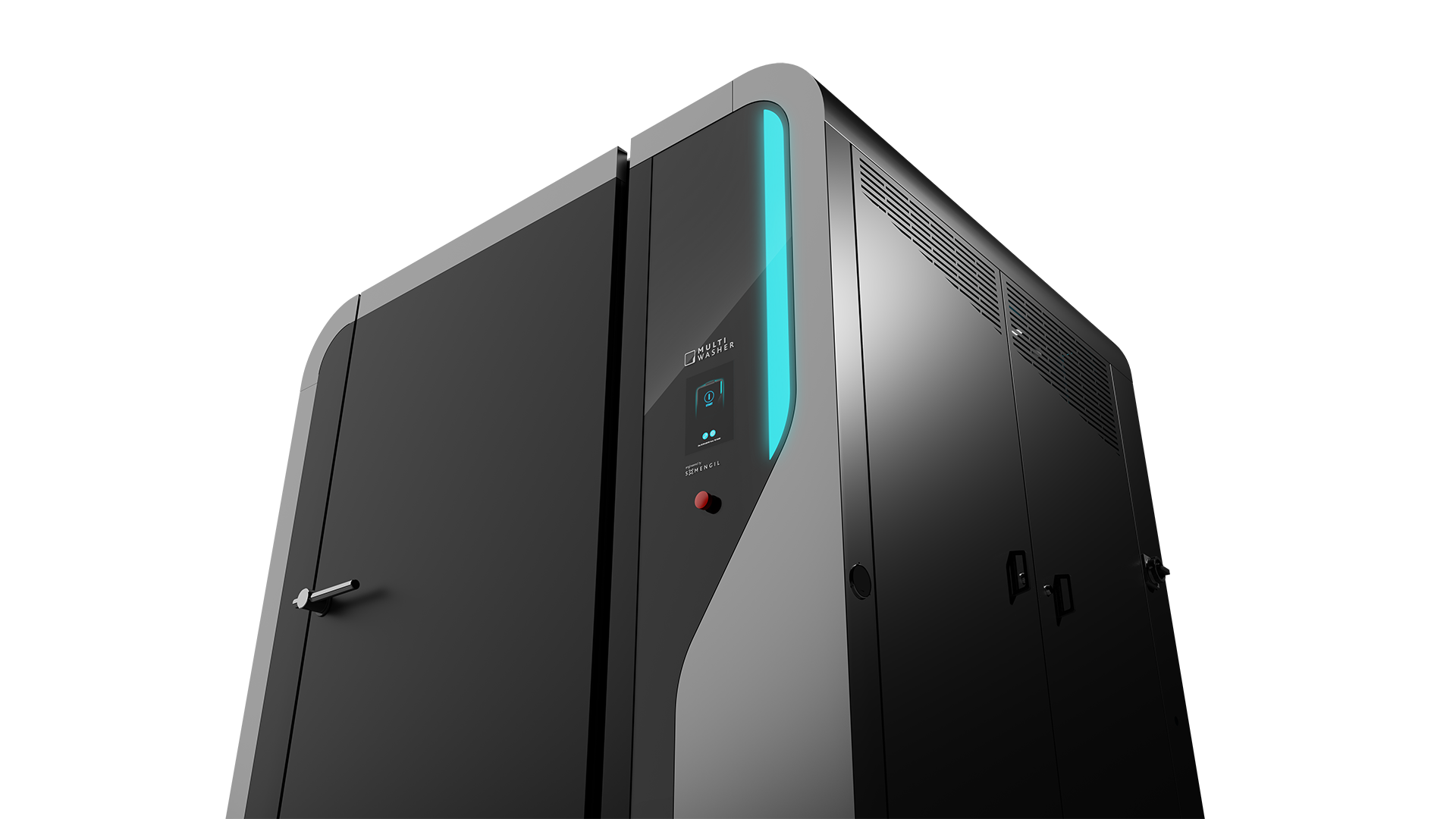
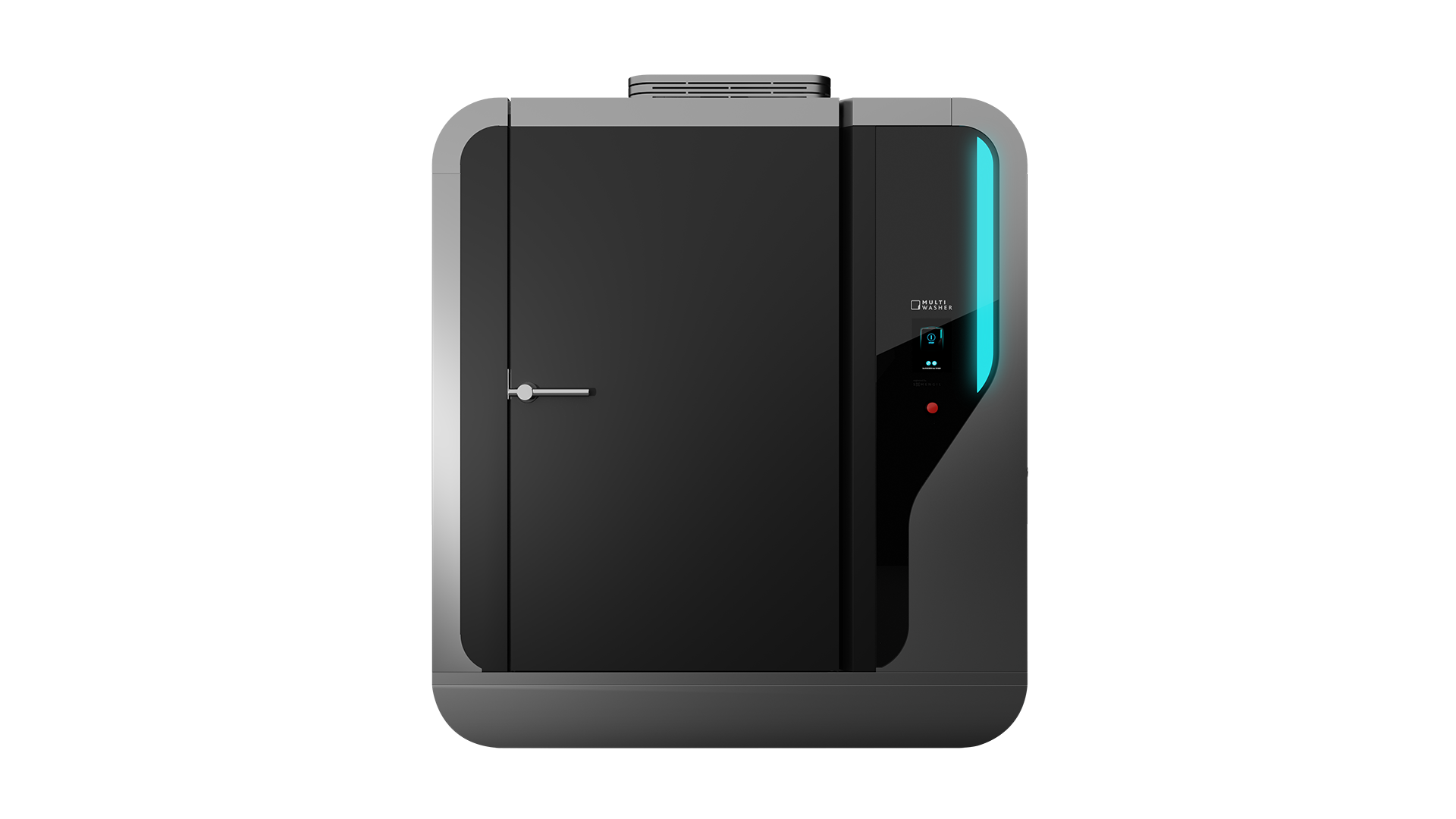
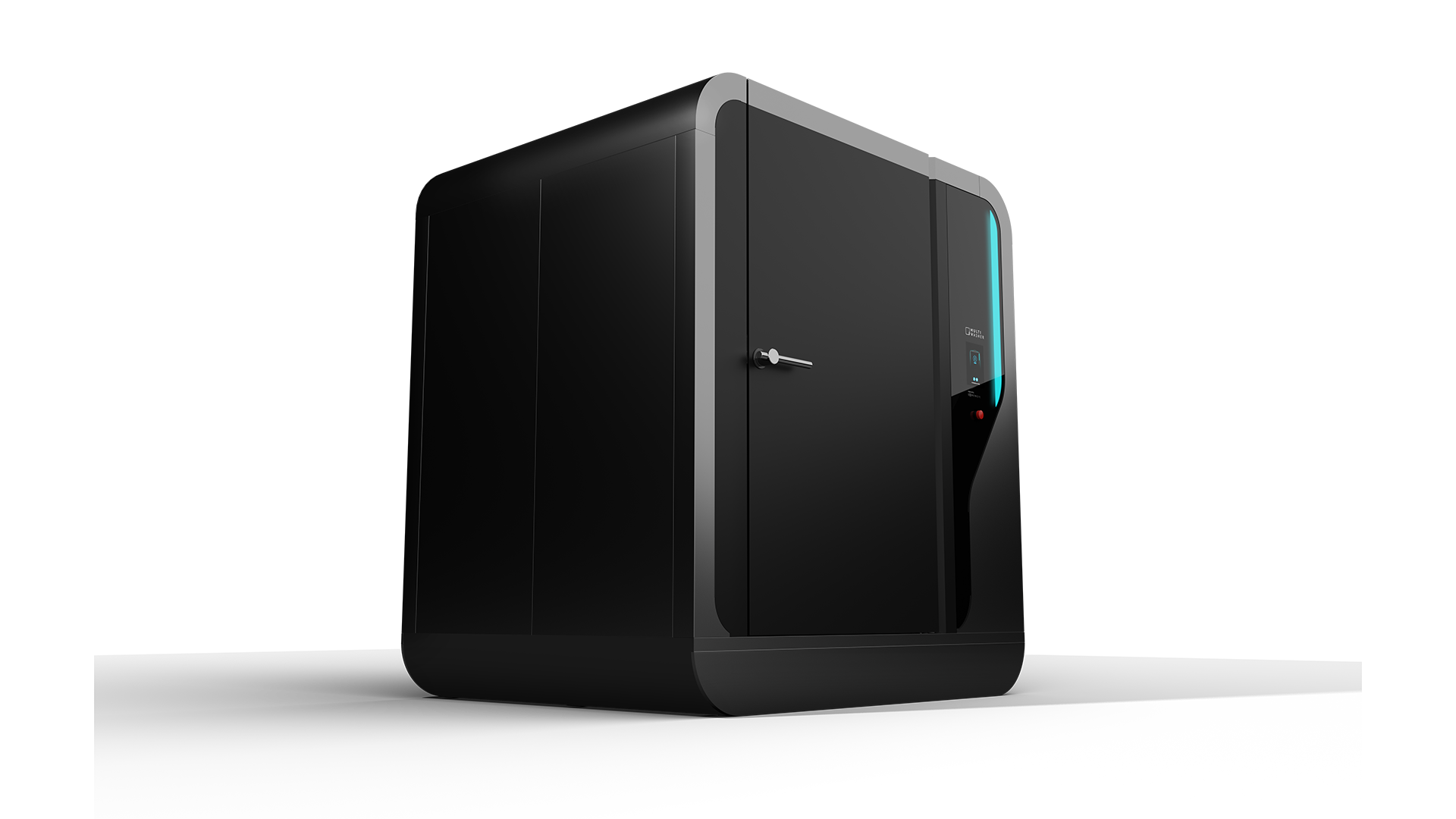
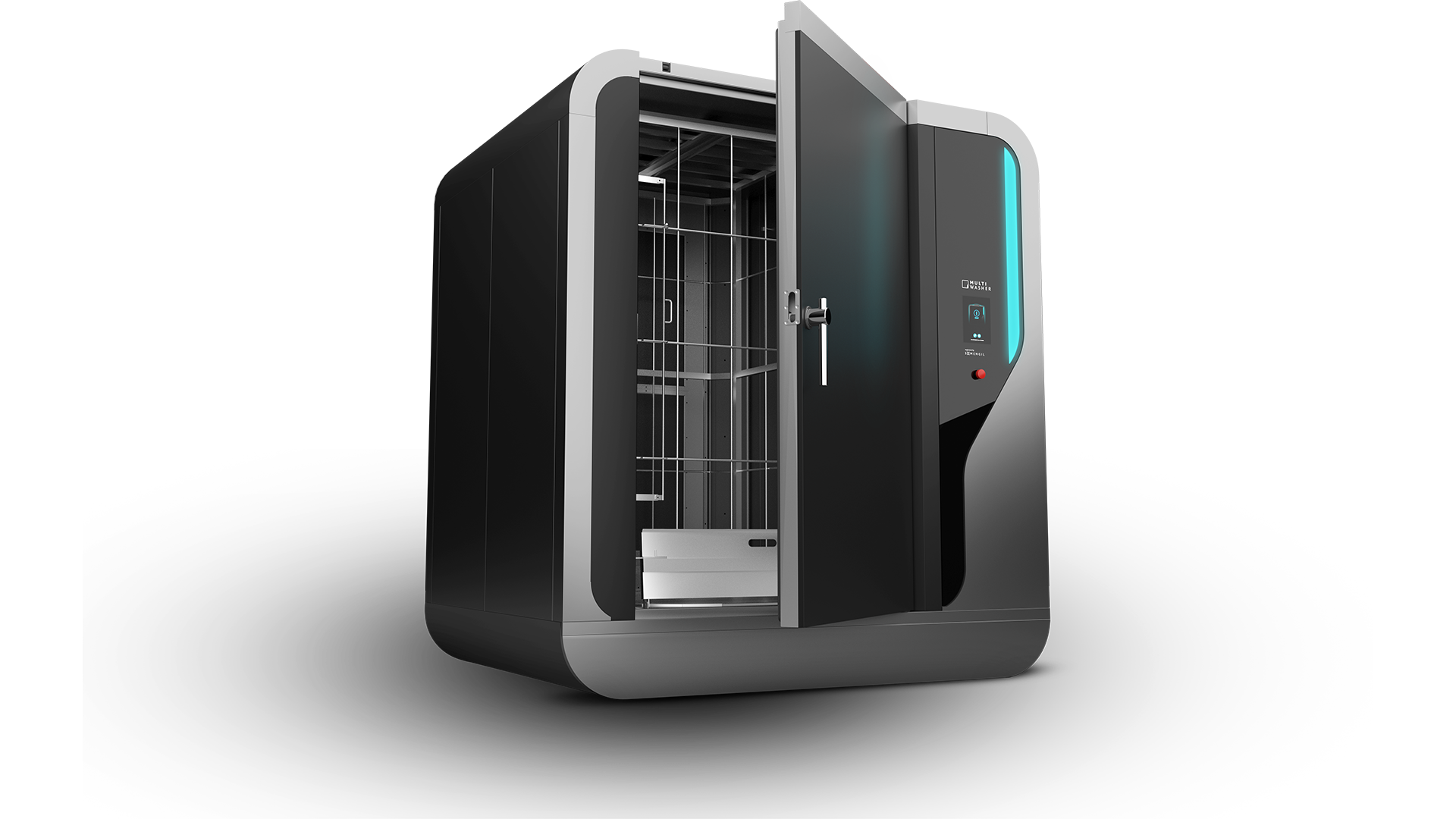
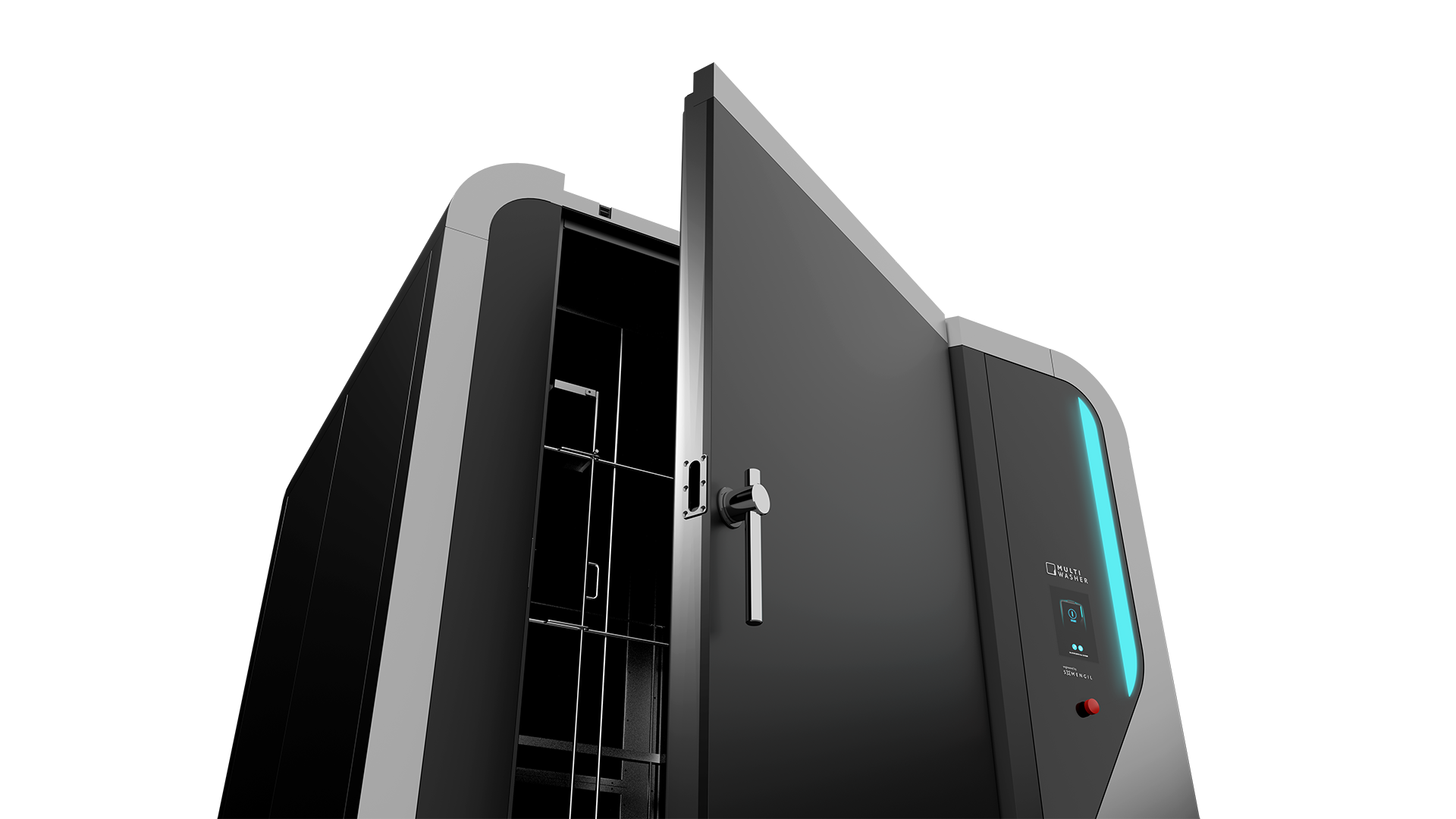
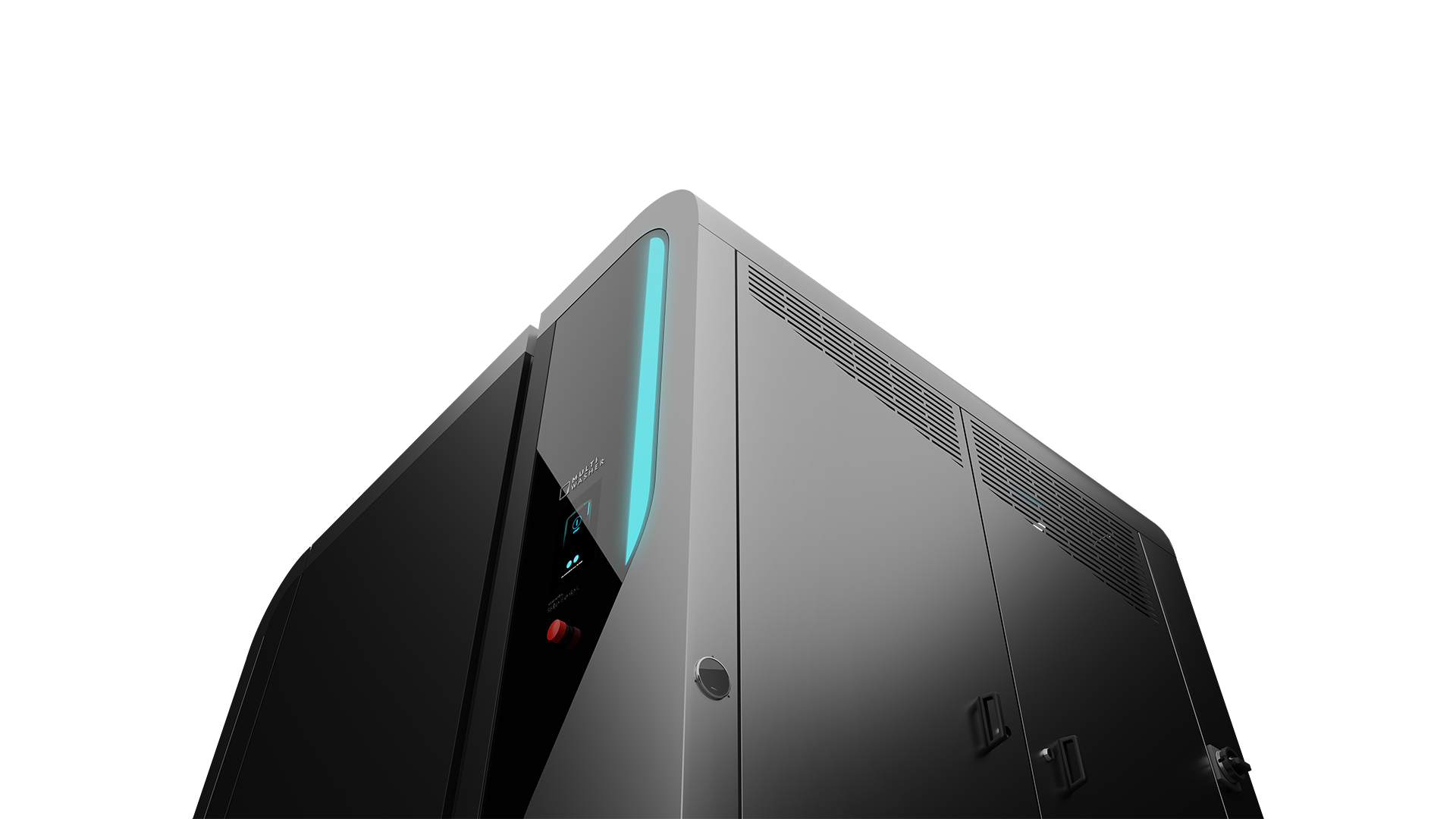
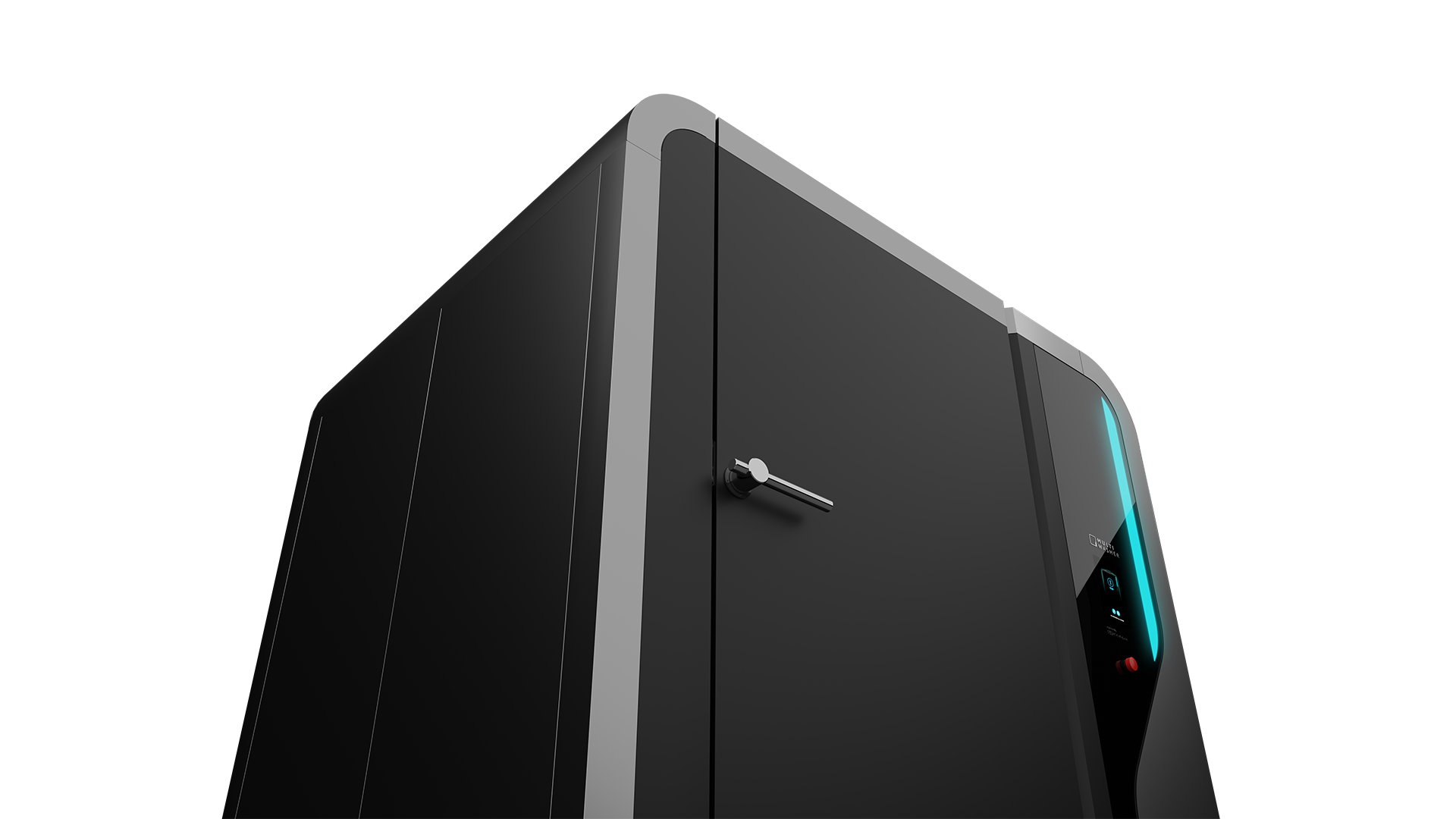
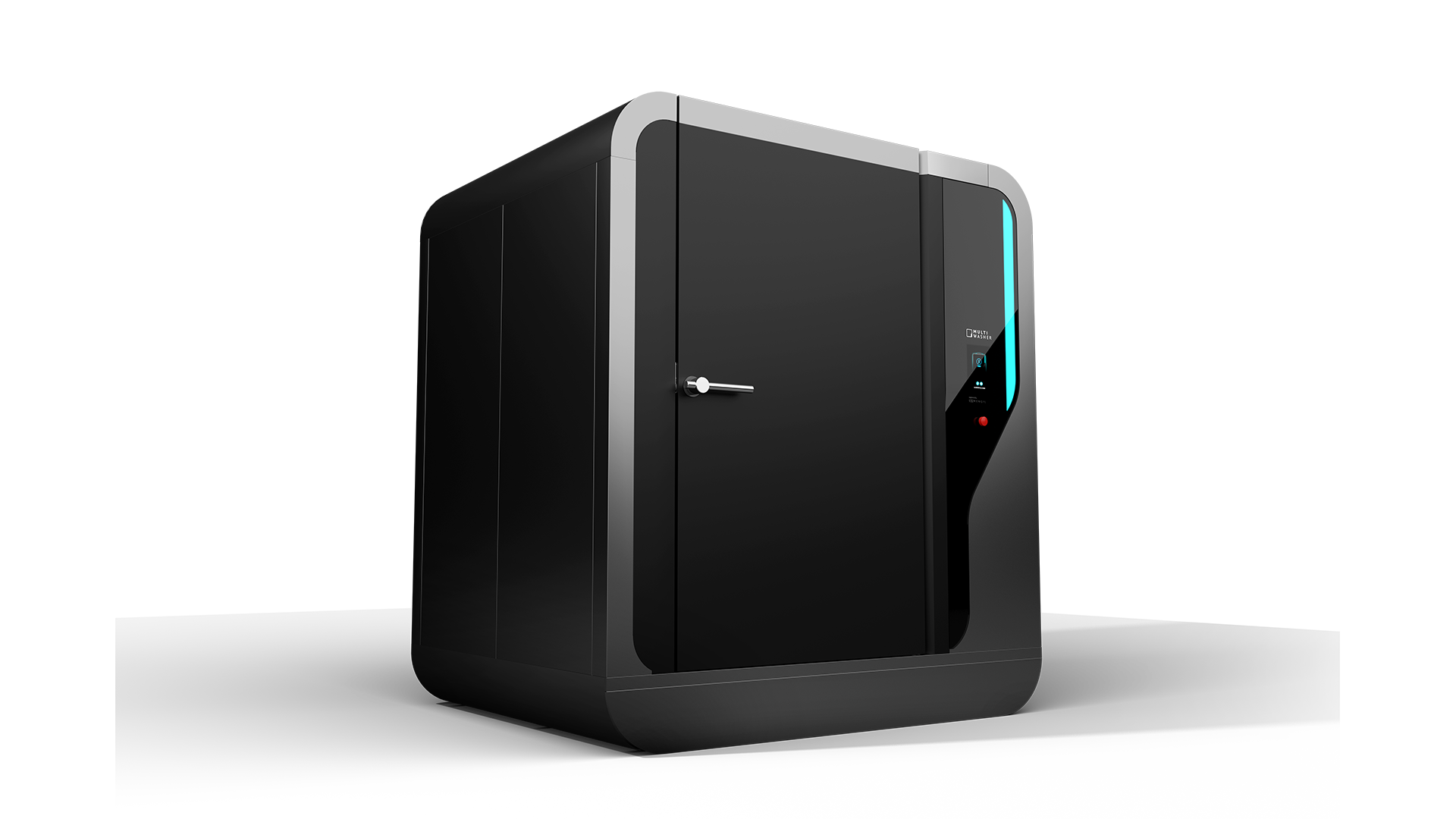
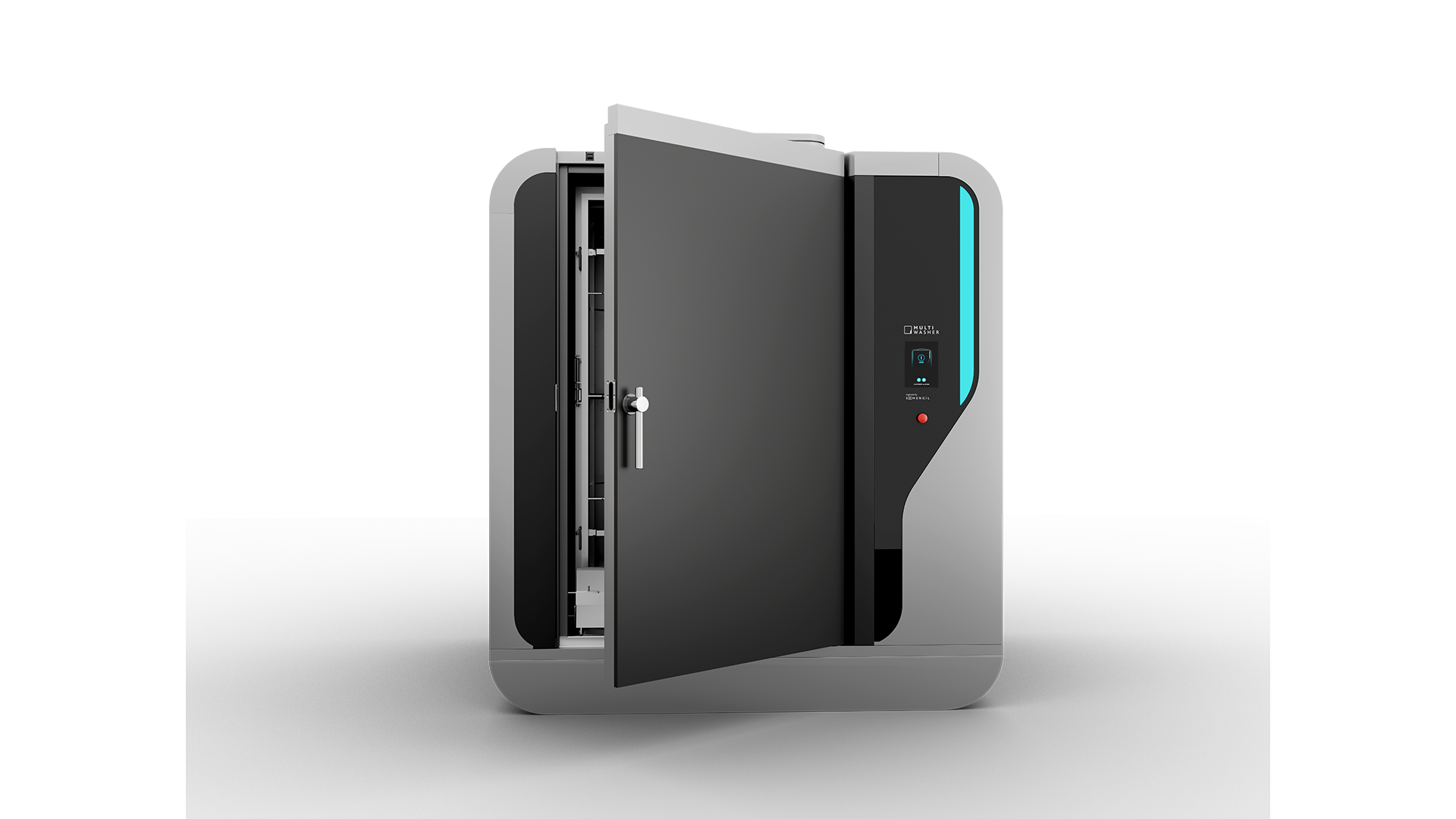
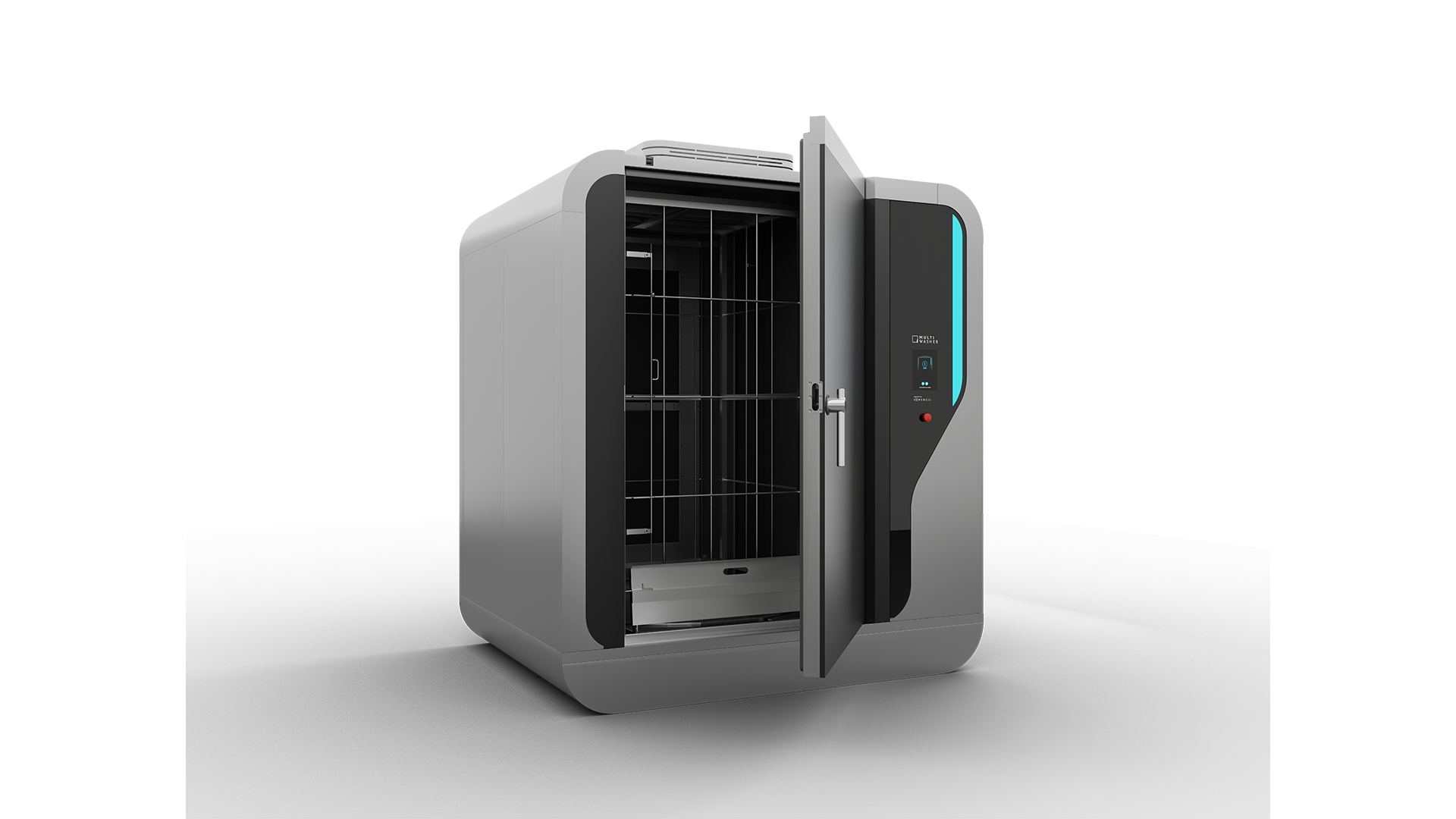
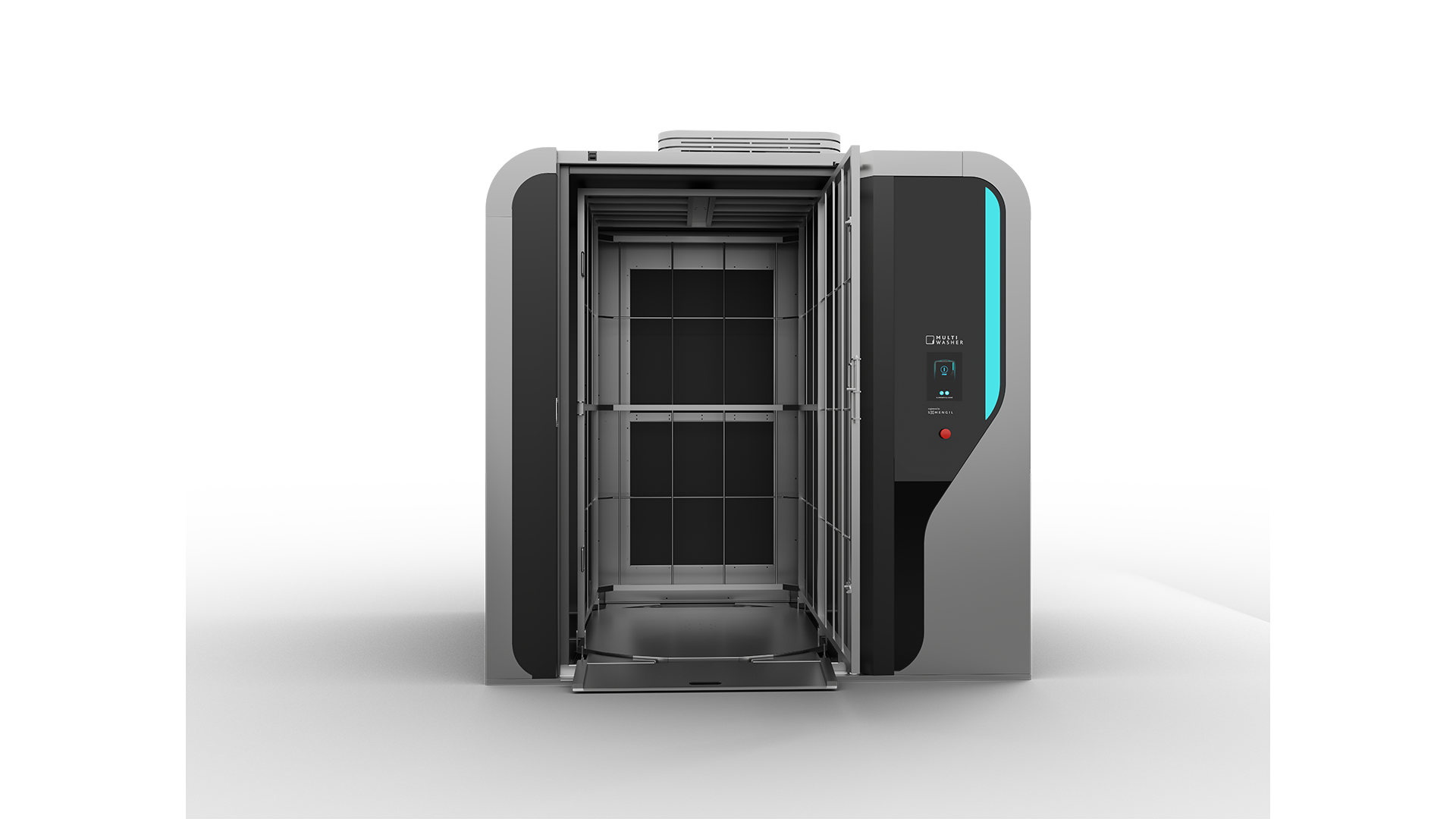
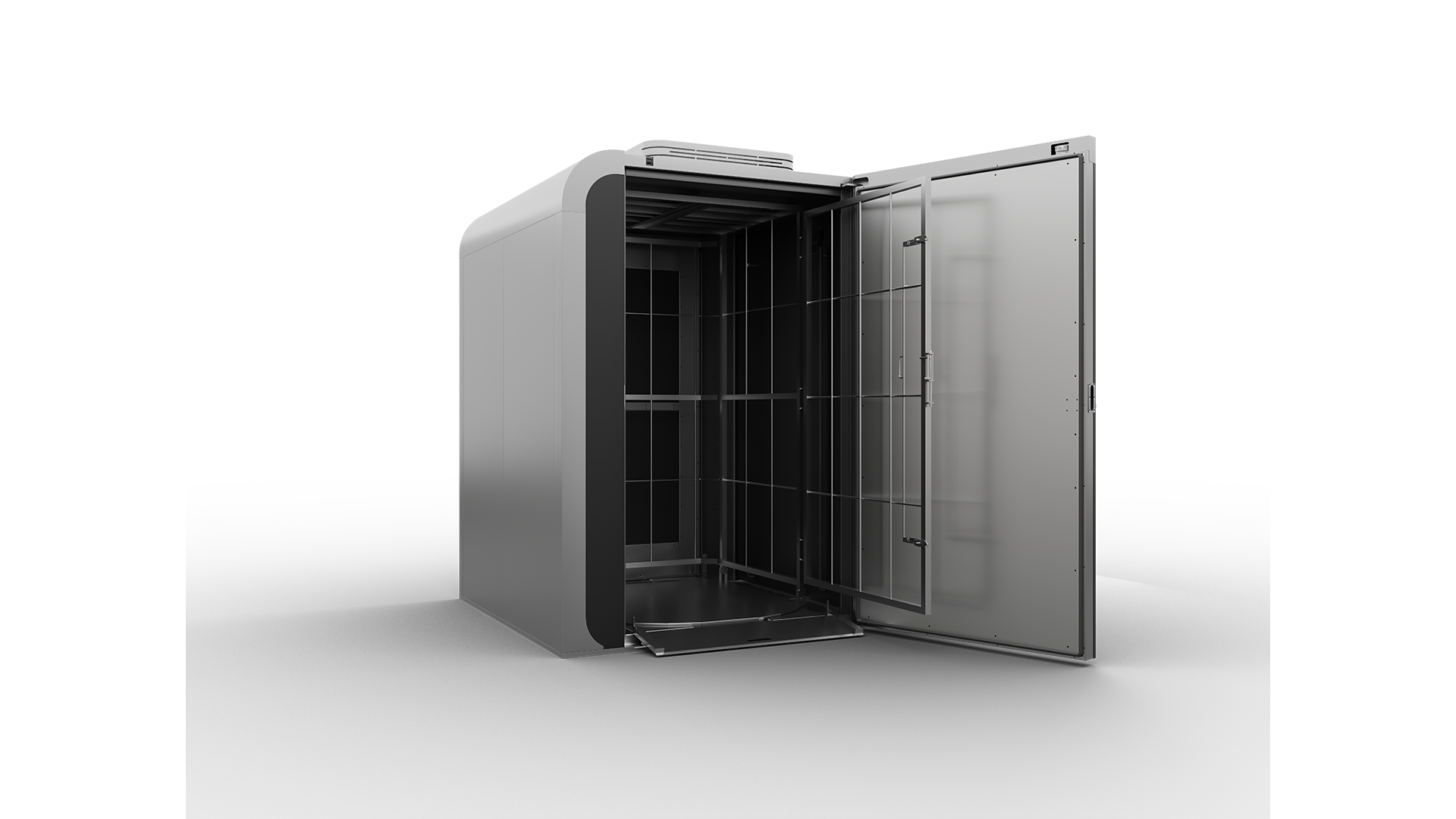
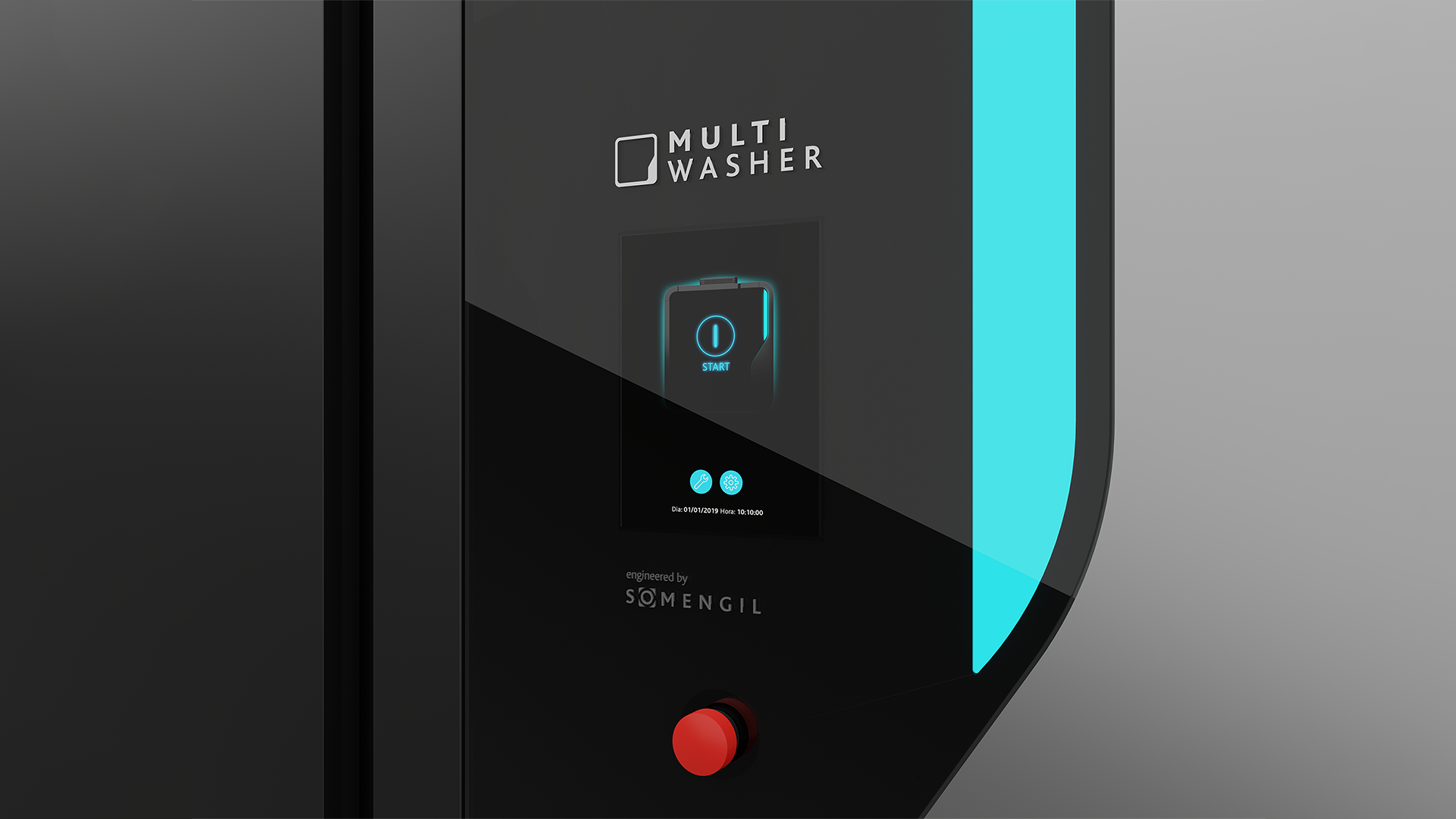
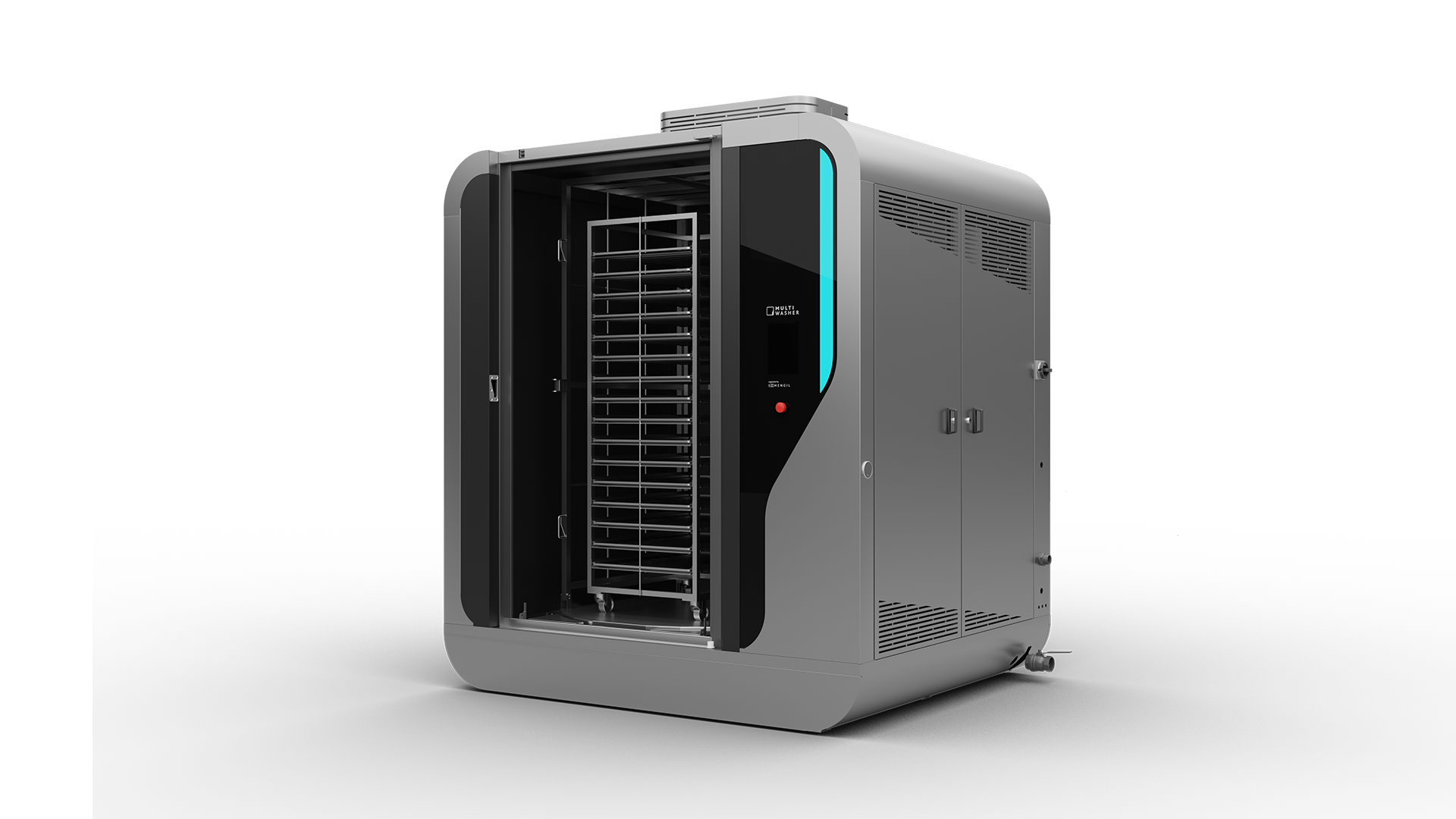
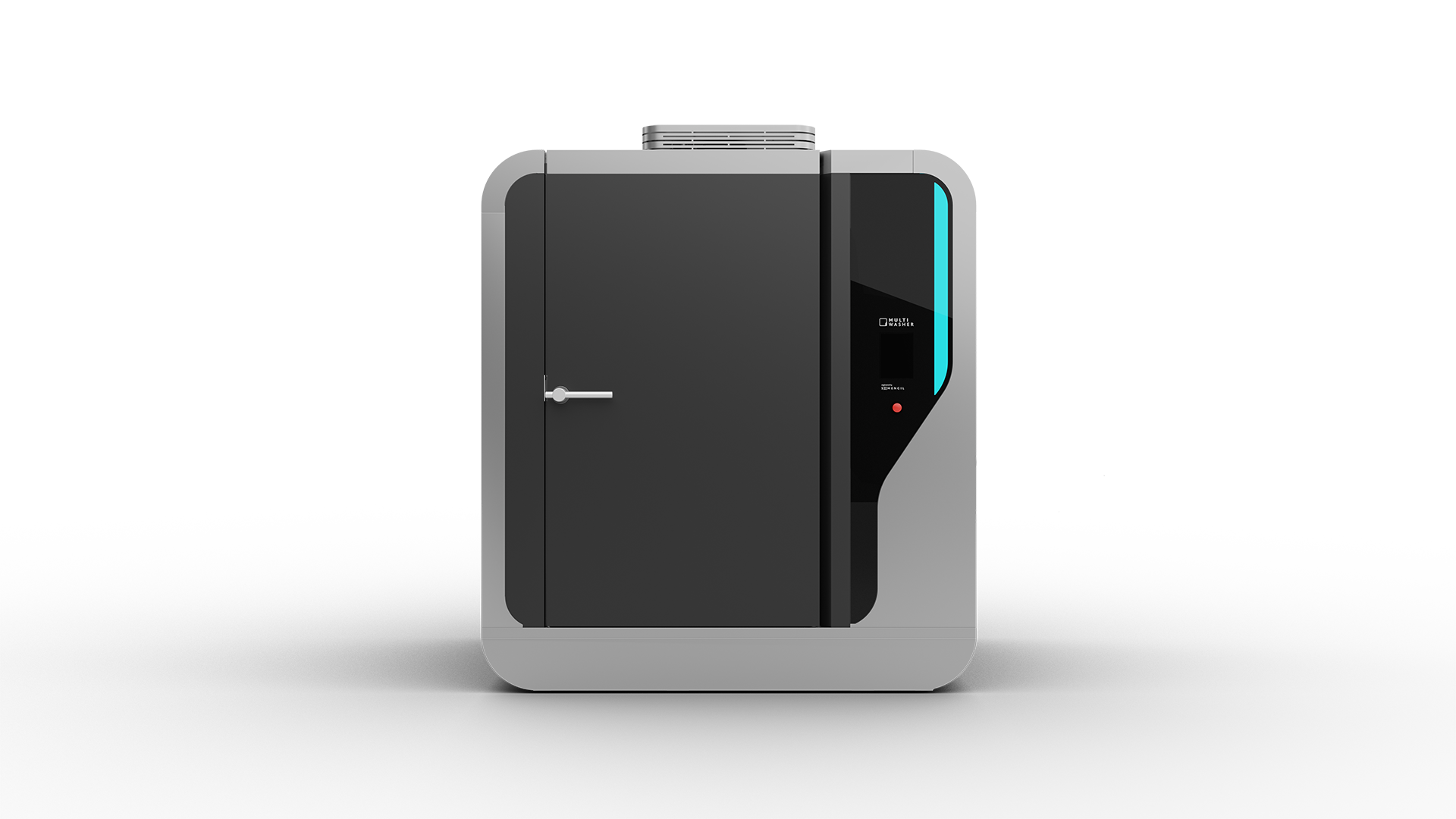
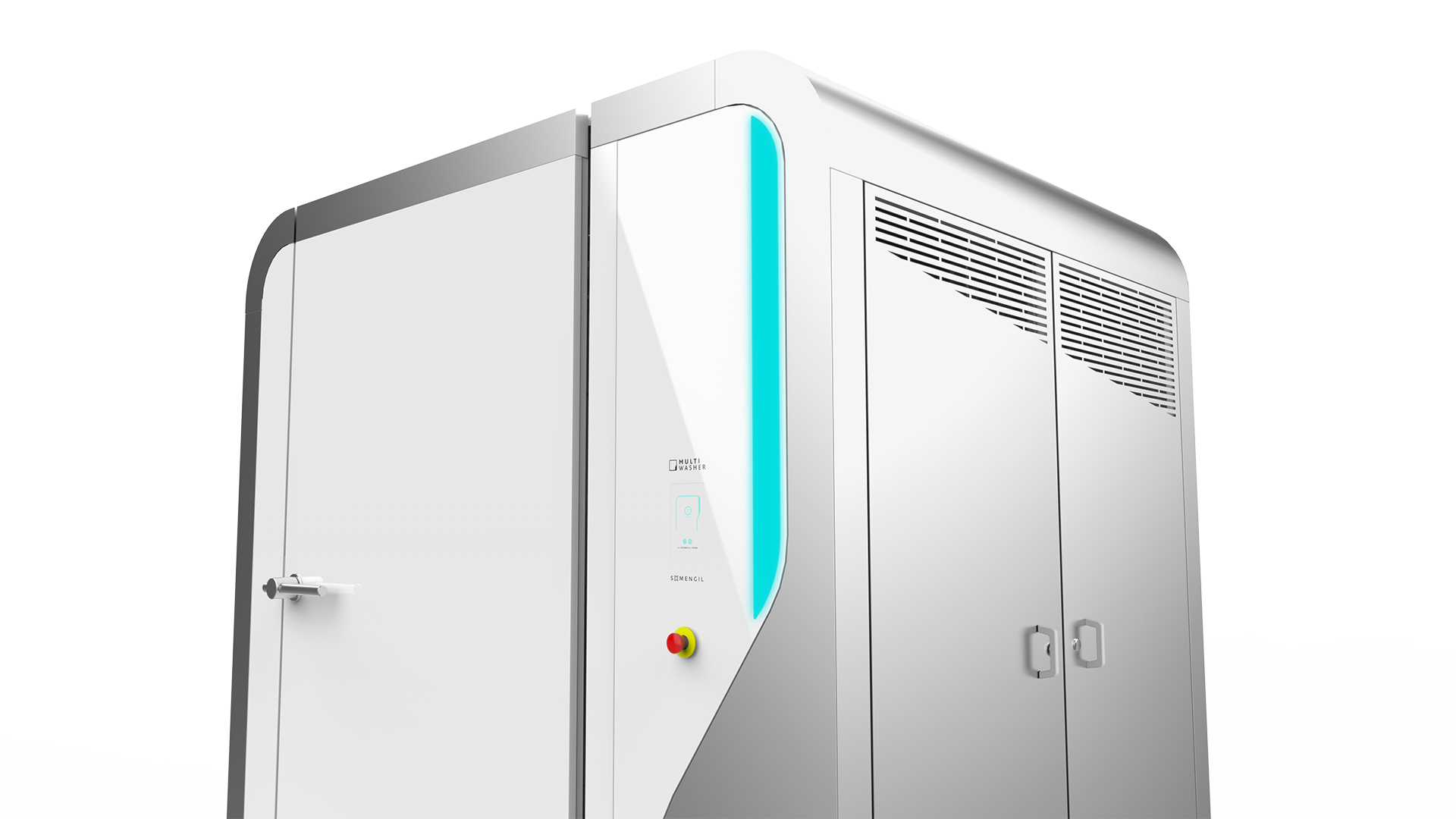

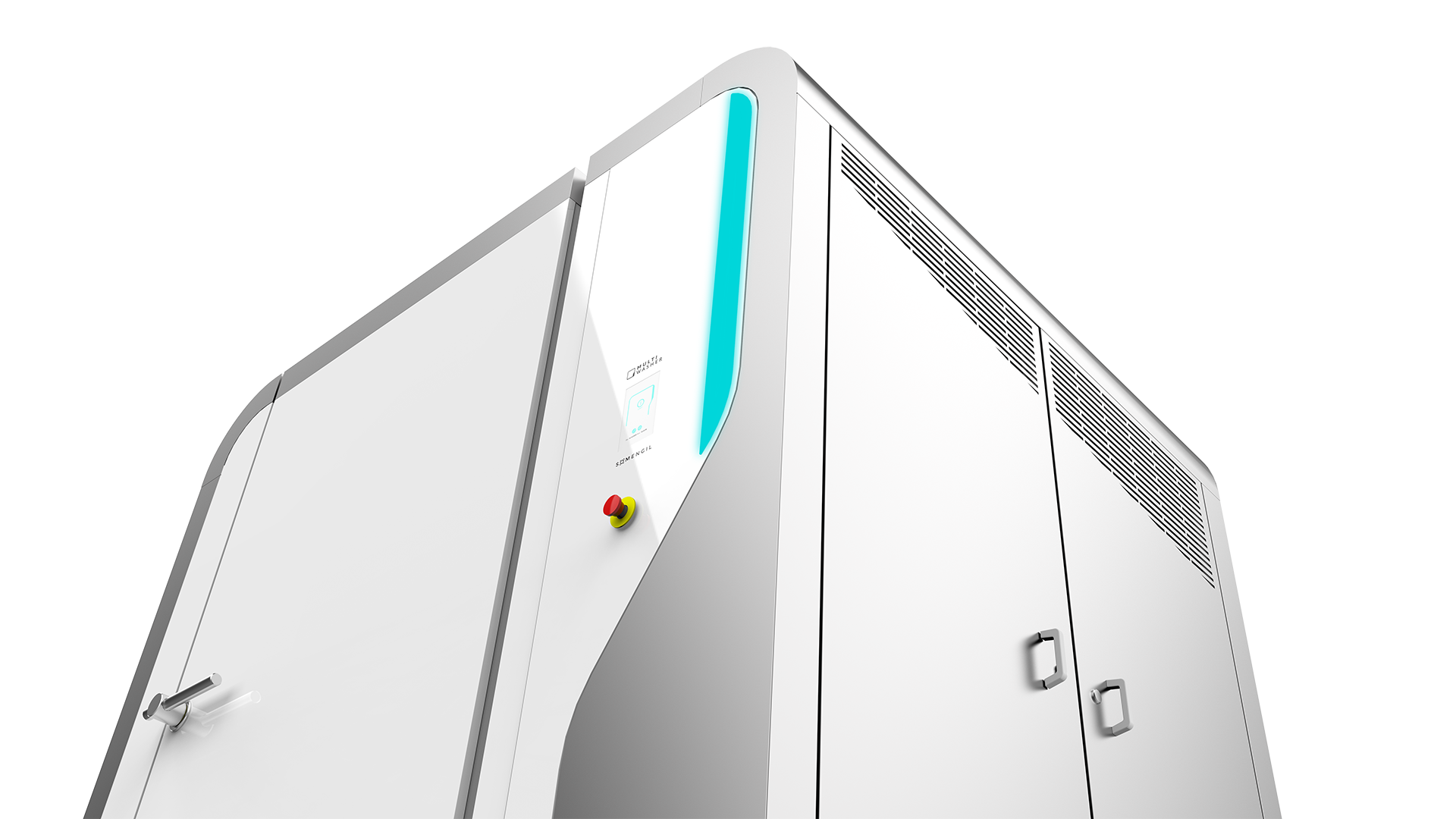
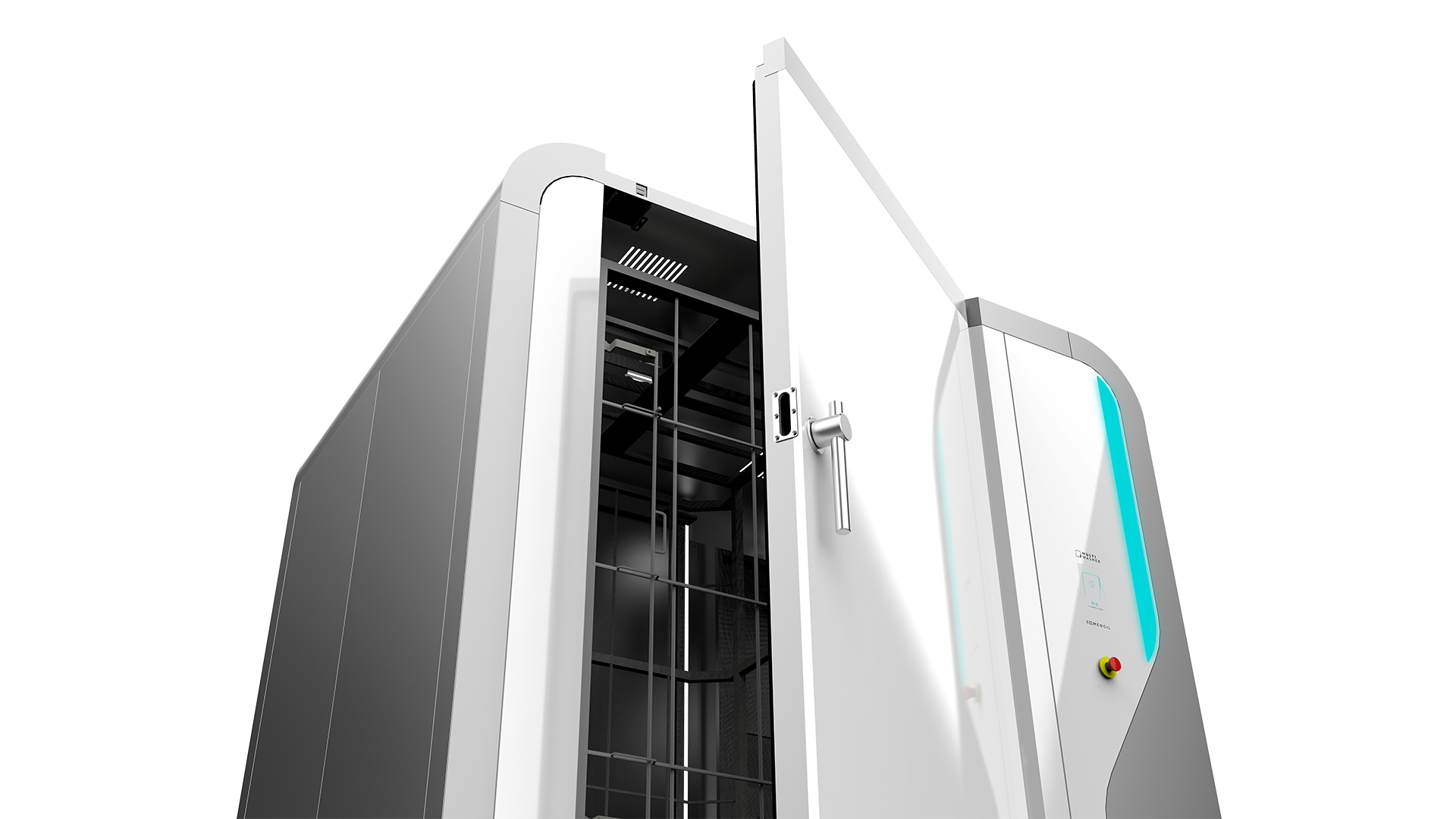
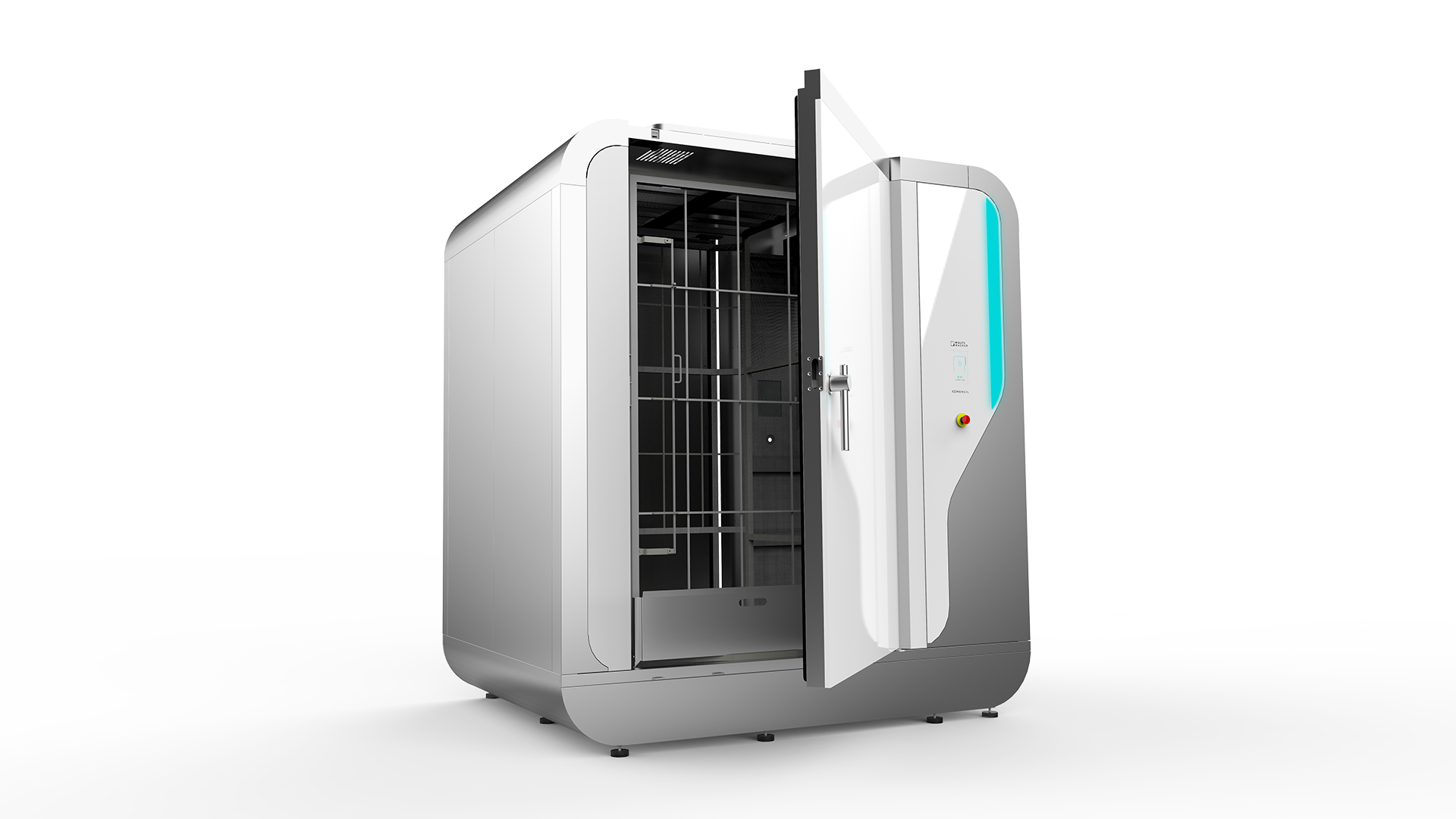
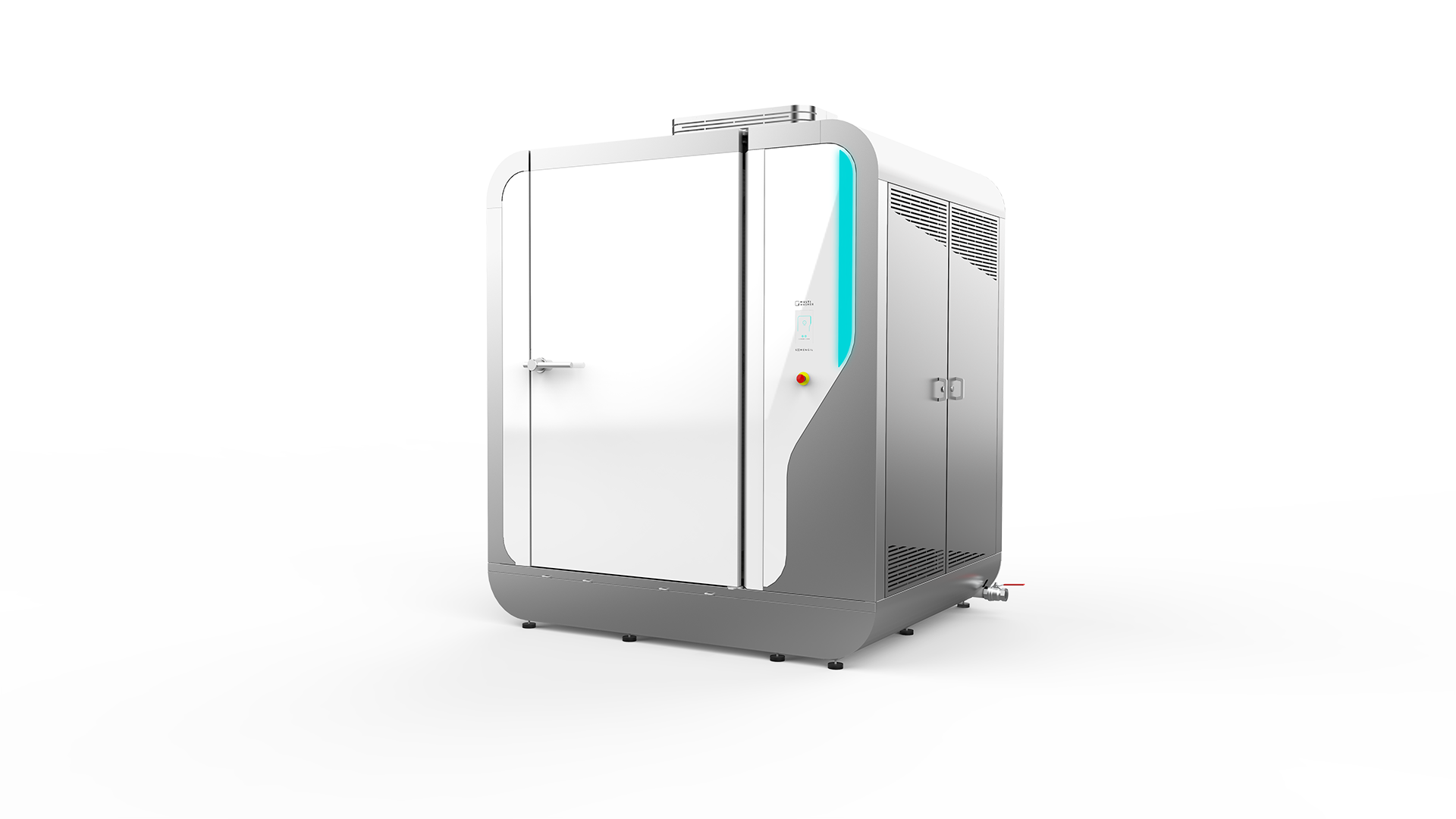
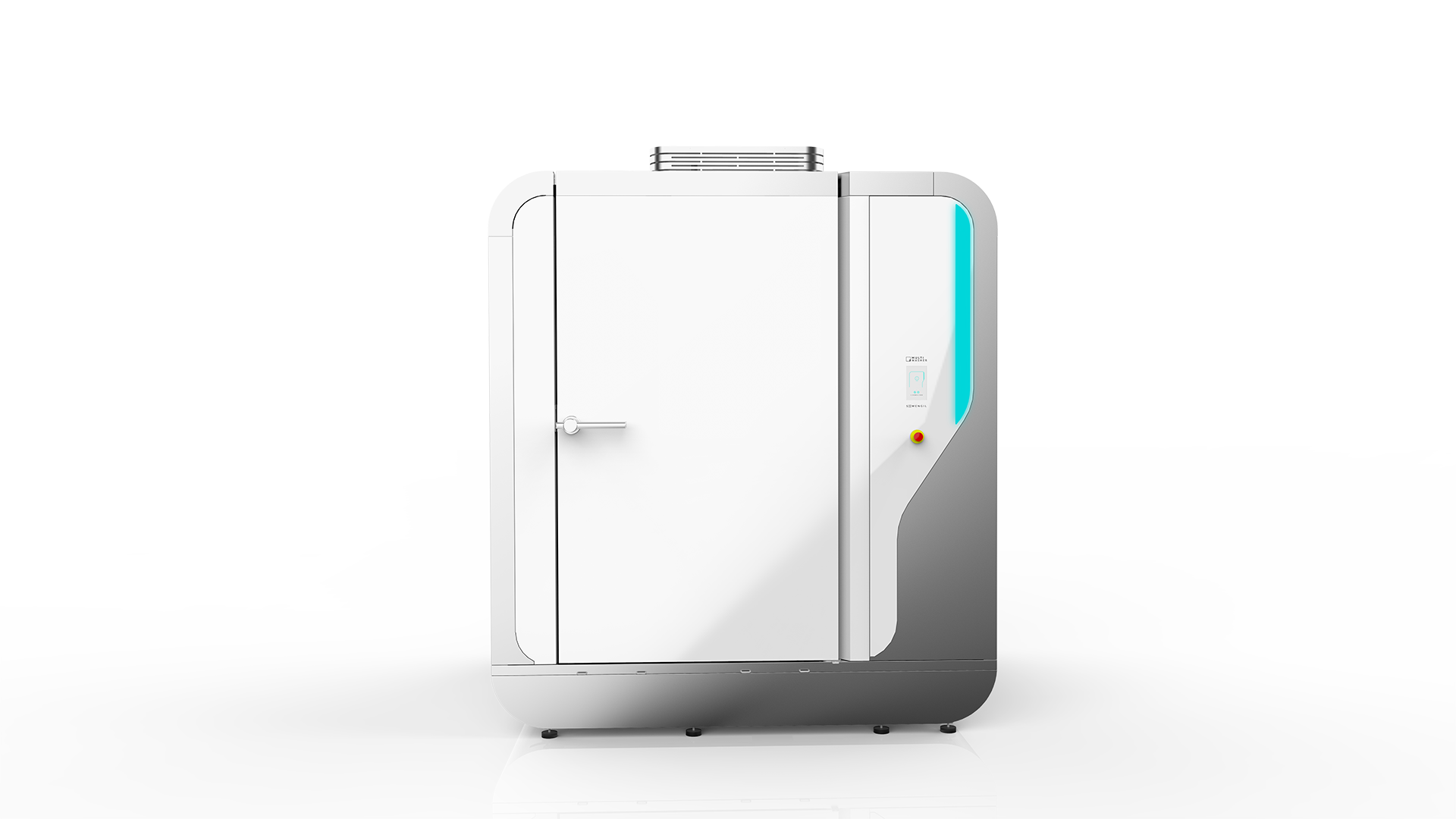
 Português
Português English (UK)
English (UK) English (USA)
English (USA) Français
Français Español
Español Deutsch
Deutsch